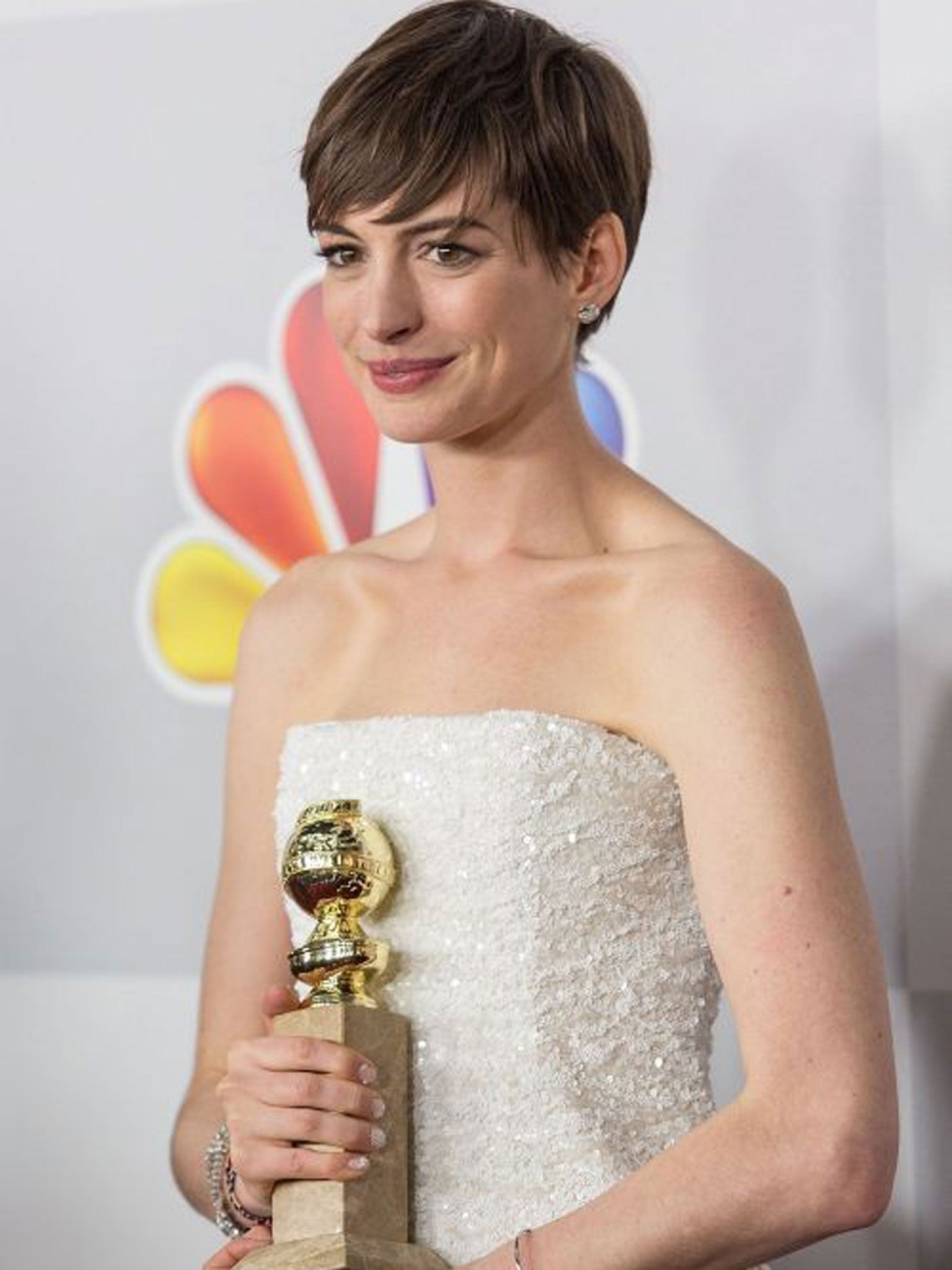Bookclubs and friends don't mix: Week in Books

Anne Hathaway’s book group has got off to a rocky start. Having thought it a good way to stay “in the friendship loop” with Emily Blunt and Jessica Chastain, she became unstuck when her friends couldn’t ‘loop’ in the time to read the book (but hopefully turned up to complain about life with a brand new copy of the book and some plonk anyway). As she explained to Glamour magazine: “I said, ‘Let’s all read this book!’ But I’m not working and they are, so it’s not going very well.”
It might be a blessing in disguise. There are varying theories on friends and serious-minded book clubs, and whether they can really mix. To set up a book club in order to see your friends may mean that the book is not the central event, so that you talk about life, love, the divorce, the kids, the cancer, all night, and then end it with a surprised exclamation that: “Oh, we didn’t get round to talking about the book!” (which usually comes from the host, who will, singularly, have read it at some point, maybe years ago, as the one dog-eared copy in the room attests).
The first book club I joined was a predatory extension of this “drinks night” where a carousel of single men and women turned up every month scouting, it seemed, for potential mating and dating partners, and looked perplexed when the conversation (momentarily) turned to the book.
My second book club, though, taught me that a book club could be more dangerous for friendships when you do talk about the book. It was filled with genuine book lovers. Several were sociologists and gender theory academics. There were a few scientists. One was a banker. We really did talk about the book, thoroughly. In fact, we had slanging matches and great icy rifts and changes of opinion on the other person. The amount of wine some threw back might have had a bit to do with it, but not all.
Some of our discussions on the nuclear family, say, or sexuality, took on a charged, proxy significance. The banker was often the lone voice, who, within the context of the group, sounded like the Daily Mail in discussions of lesbian vampire fiction, the sexual politics of chick lit and the post-colonial stories of Jamaica Kincaid. What we thought about a book was a reflection on who we were, our belief systems, our secret prejudices, or so it became. An opinion on a fictional infidelity, say, can reveal a lot about a person, and force out differences between friends that, most of the time, are kept safely hidden.
I’ve been invited along to a new book club on Monday set up by English PEN, focusing on translated literature. The organiser talks of a divide between the discussion – Han Kang’s brilliant novel The Vegetarian, and the interpersonal side. The discussion will take place at the Free Word Centre in London, the social bit at the pub afterwards. I wonder if one part of the evening will creep into the other, eventually, after people begin to form opinions on each other, and each other’s opinions. In fact, I wonder if the interplay between the book and the personalities discussing the book isn’t the most interesting part of a book club after all, even if it might lead to conflict.
I’m not sure Book Club 2 was doing its job in our most “passionate” debates. Perhaps it meant we were, um, really engaging with the text. Either way, it showed me that the best book clubs can make or break friendships. In the end, that’s possibly why I left.
Amazon gets a conscience
Amazon has appointed a director of social responsibility, Christine Bader, who worked for BP for nearly a decade, though she left two years before the Deepwater Horizon oil spill (after which the company may have needed her most). Bader has written about how we “know that big business can make the world a better place...”. It will be interesting to see how Amazon manages to do that under her steer.
Join our commenting forum
Join thought-provoking conversations, follow other Independent readers and see their replies
Comments
Bookmark popover
Removed from bookmarks